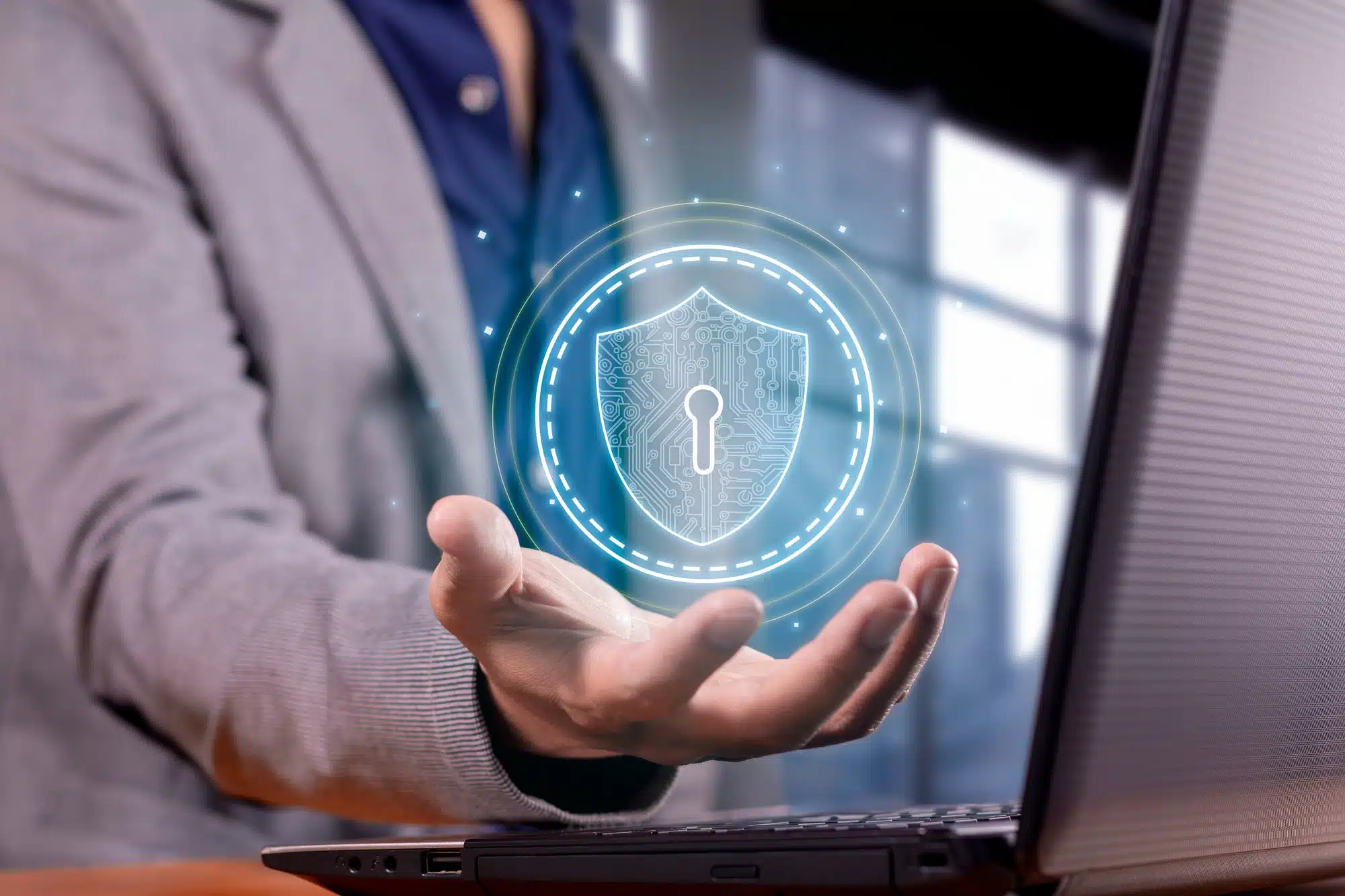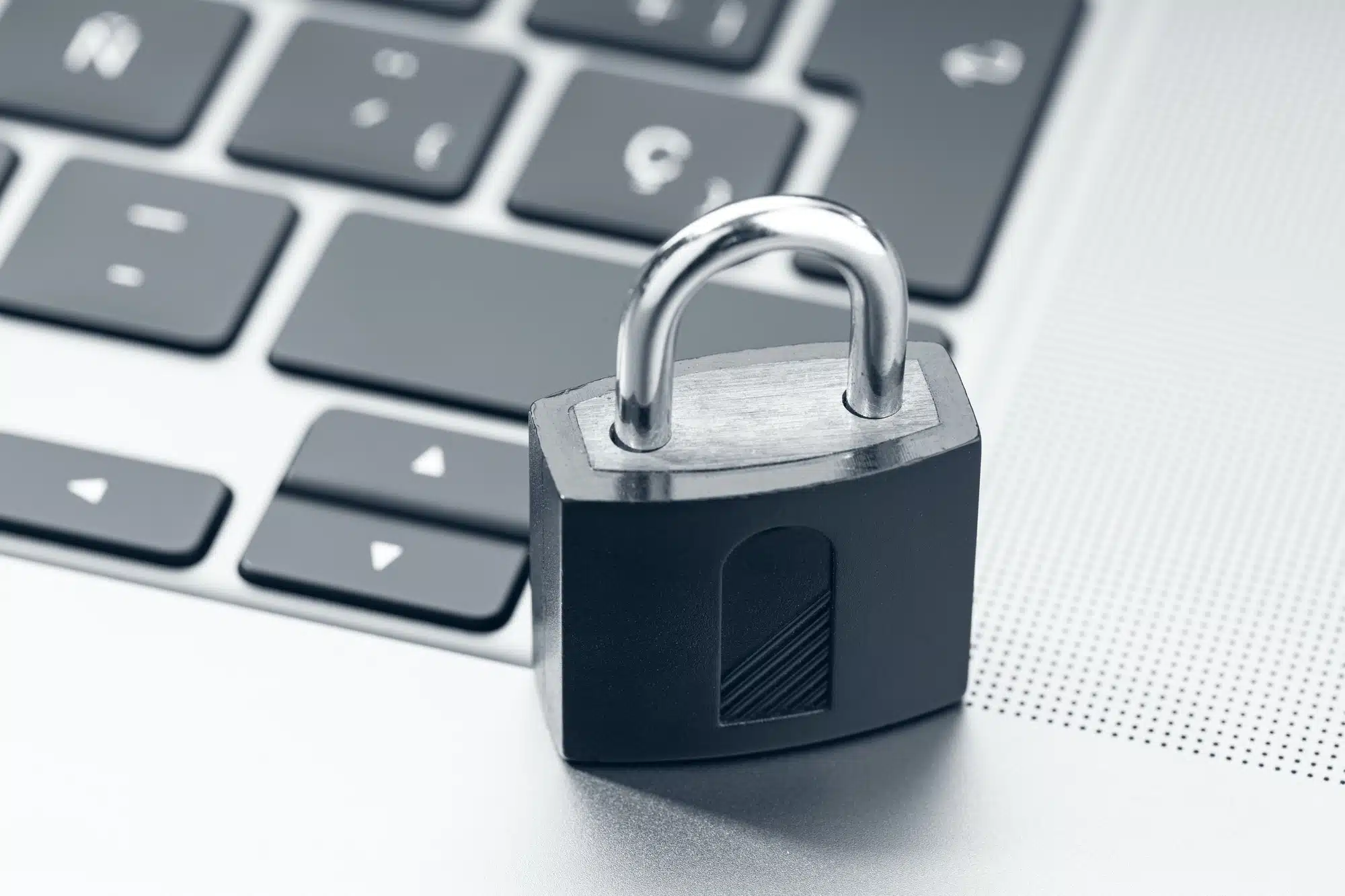Introduction
In a world increasingly governed by digital systems and online interactions, cybersecurity stands as an indispensable shield against a diverse range of digital threats. This in-depth exploration sheds light on the paramount importance of cybersecurity, examining its evolving role, the multifaceted threats it counters, and its undeniable significance in our digitally dominated era.
Understanding Cybersecurity
Definition and Scope
Cybersecurity involves the practices, technologies, and policies designed to protect networks, devices, programs, and data from attack, damage, or unauthorized access. It covers various areas, including network security, application security, information security, operational security, end-user education, and more.
Evolution of Cybersecurity
Cybersecurity has witnessed a significant transformation, evolving from basic password protection and firewall implementation to incorporating advanced technologies such as artificial intelligence (AI) and machine learning (ML). This evolution has been driven by the need to keep pace with increasingly sophisticated cyber threats.
Early Stages
Initially, cybersecurity was primarily focused on securing physical computer systems from direct threats. As internet usage grew, so did the focus on protecting networked systems.
Recent Developments
Today, cybersecurity involves a complex ecosystem of measures designed to protect not only traditional IT infrastructures but also emerging technologies like cloud services, Internet of Things (IoT) devices, and mobile platforms.
The Landscape of Cyber Threats
Common Types of Cyber Threats
- Malware: Encompasses various forms of harmful software, including viruses, worms, spyware, and Trojan horses.
- Phishing: Uses deceptive emails and websites to steal sensitive information.
- Ransomware: Encrypts a victim’s data, then demands ransom for its release.
The Cost of Cyber Insecurity
Cybersecurity breaches can have devastating effects, including financial losses, damage to brand reputation, legal repercussions, and long-term loss of customer trust. The direct costs of cyber incidents include system repair, data recovery, and ransom payments, while indirect costs involve regulatory fines, legal fees, and increased insurance premiums.
Impact on Businesses
For businesses, a major cyber attack can disrupt operations, lead to data loss, and cause substantial financial damage.
Impact on Individuals
Individuals face risks like identity theft, financial fraud, and privacy breaches, which can have long-term personal and financial repercussions.
Why Cybersecurity Matters More Than Ever
The Digital Economy and Cybersecurity
The digital economy relies heavily on trust in digital processes and transactions. Cybersecurity is fundamental in maintaining this trust, ensuring the integrity and availability of systems and data.
Cybersecurity and Personal Privacy
The surge in online activities has resulted in an unprecedented amount of personal information being stored and transmitted online. Cybersecurity measures are essential to protect this sensitive data from unauthorized access and misuse.
Advancements in Cybersecurity
AI and Machine Learning in Cybersecurity
AI and ML are revolutionizing cybersecurity by enabling automated threat detection, predictive analytics for anticipating potential threats, and rapid response to security incidents.
Use Cases
- Threat Detection: AI algorithms can analyze vast amounts of data to identify unusual patterns indicative of a cyber attack.
- Incident Response: ML can aid in the rapid containment and mitigation of cyber incidents.
The Role of Blockchain in Cybersecurity
Blockchain offers a decentralized and secure framework for recording transactions and managing digital assets, enhancing data integrity and security.
Applications in Cybersecurity
- Secure Transactions: Blockchain can secure digital transactions, preventing fraud and unauthorized access.
- Data Integrity: The immutable nature of blockchain ensures the integrity of data stored within its ledgers.
Challenges in Cybersecurity
The Cybersecurity Skills Gap
The shortage of qualified cybersecurity professionals poses a significant challenge. Organizations struggle to find and retain skilled personnel, leaving them vulnerable to cyber attacks.
Bridging the Gap
Efforts to address this include specialized cybersecurity education programs, professional certifications, and industry-academic partnerships to nurture talent.
The Ever-Evolving Nature of Cyber Threats
Cyber threats are continually evolving, with cybercriminals constantly devising new methods to bypass security measures. This dynamic landscape requires ongoing vigilance, research, and adaptation.
Staying Ahead of Threats
Organizations must invest in continuous learning, threat intelligence, and advanced security technologies to stay ahead of emerging threats.
Cybersecurity Best Practices
Regular Software Updates
Software updates are critical for patching vulnerabilities and strengthening security. A systematic approach to software updates, covering all layers of the IT ecosystem, is essential.
Importance of Patch Management
Effective patch management involves assessing, testing, and applying software updates promptly to minimize exposure to known vulnerabilities.
Employee Education and Training
Since human error is a major factor in security breaches, educating employees on cybersecurity best practices is crucial. Training should cover topics like password security, recognizing phishing attempts, and safe browsing practices.
Building a Security-Conscious Culture
Creating a culture where cybersecurity is everyone’s responsibility involves ongoing training, regular updates on new threats, and encouraging vigilance and reporting of suspicious activities.
Conclusion
In the digital age, cybersecurity is more than a technical necessity; it’s a fundamental aspect of our online existence. It plays a crucial role in protecting personal data, securing business operations, and preserving national security. Understanding and investing in cybersecurity is key to navigating this digital landscape safely and confidently.






